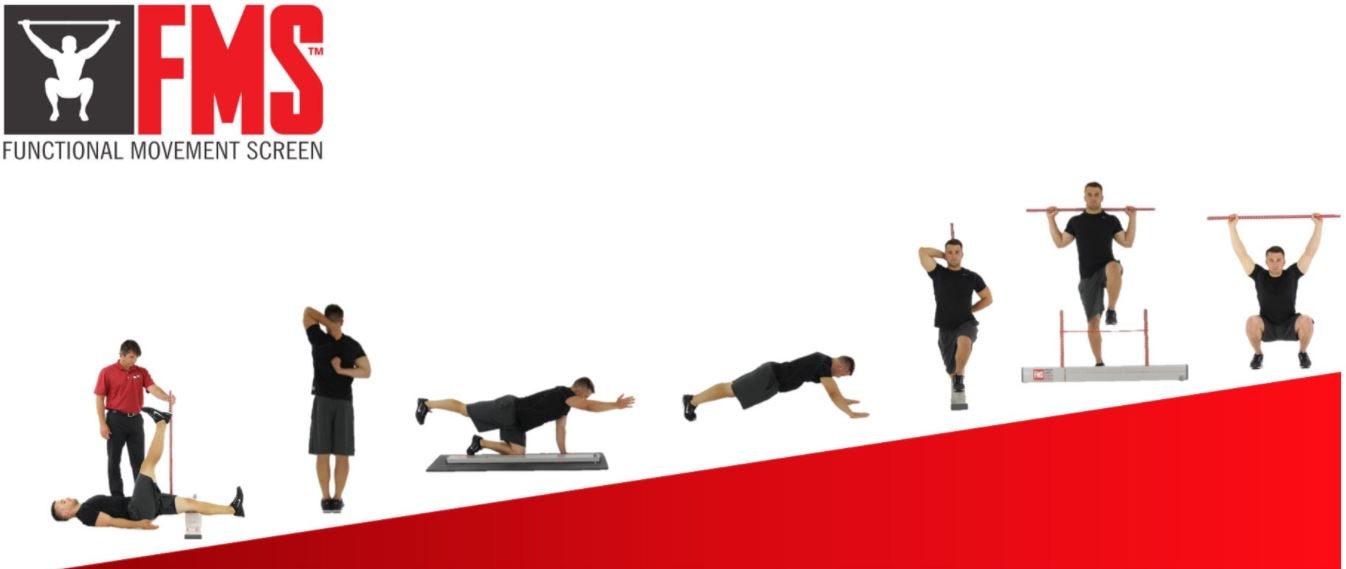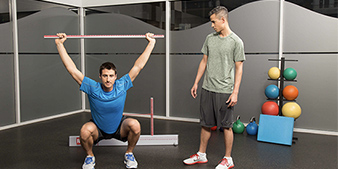Athlete Functional Assessment
Optimize Your Performance, Prevent Injuries,
and Track Progress with a Science-Backed Approach
At Performance Sports Physio Clinic, we help athletes of all levels identify sub-optimal movement patterns, strengthen weaknesses, and improve overall performance. Our Athlete Functional Assessment is a comprehensive, science-driven evaluation designed to assess how your body moves, how well you perform key exercises, and how we can optimize your performance while minimizing your risk of injury.
Let us help you achieve a stronger, more resilient body and elevate your performance to the next level.
What is the Athlete Functional Assessment?
The Athlete Functional Assessment is a holistic evaluation that combines cutting-edge diagnostic tools with functional testing to provide a detailed understanding of your body’s capabilities and limitations. Whether you’re a competitive athlete or an active individual, this assessment is tailored to identify any sub-optimal movements, muscular imbalances, or weaknesses that could affect your performance and increase the risk of injury.
This service includes:
1. Functional Movement Screen (FMS):
The FMS is a proven tool to identify dysfunctional movement patterns and potential areas of risk. It helps us pinpoint imbalances or inefficiencies in your movement that may lead to injury if left unaddressed.
2. Sports-Specific Strength Testing:
We assess your performance in exercises and movements directly related to your sport. Depending on your athletic discipline, these tests could include examples such as:
-
-
The Big 3: Bench Press, Squat, Deadlift
-
Vertical Jump: A key indicator of lower body power and explosiveness
-
Or other sport-specific movements tailored to your needs and goals.
-
3. 3D Body Scan:
Using state-of-the-art 3D body scanning technology, we gather detailed measurements of your body composition, posture, and body symmetry. This gives us a clearer picture of your physique, highlighting areas for improvement and helping track your progress over time.
Who would be benefit from FMS?
Functional Movement Screen (FMS) can be beneficial for a wide range of individuals, as it’s designed to evaluate fundamental movements and body mechanics, helping to prevent injuries and enhance physical performance. Here are groups that would find FMA particularly beneficial:
Athletes
Both amateur and professional athletes can benefit from FMS as it helps identify poor movement patterns that could hinder performance or increase the risk of injury. By addressing these issues, athletes can hope to enhance their performance and longevity in their sport.
Individuals Beginning a Fitness Program
For those new to structured exercise or starting a new fitness regimen, FMS can identify any existing functional deficiencies or asymmetries that need attention before engaging in more intense physical activity.
Recreational Exercisers
Even casual exercisers can benefit from FMS by learning more about their body’s strengths and weaknesses, potentially preventing future injuries and improving their overall fitness by addressing any identified issues.
People with Past Injuries
Individuals recovering from injuries can use FMS to assess their movement patterns and identify areas that may need additional strengthening or mobility work to fully recover and prevent re-injury.
Aging Adults
Seniors can benefit from FMS as it can uncover areas of weakness or stiffness that might contribute to balance issues or falls, helping to inform a fitness program that can improve their mobility, strength, and quality of life.
Occupational Health
For individuals whose jobs involve physical labor or repetitive movements, FMS can help identify any movement inefficiencies or imbalances that might increase the risk of work-related injuries.
Health and Fitness Professionals
Personal trainers, physical therapists, and strength and conditioning coaches can use FMS not only to assess their clients and develop tailored exercise programs but also as a tool for tracking progress and reassessing clients after a period of training.
Children and Adolescents
In younger populations, especially those involved in youth sports or physical activities, FMS can help detect and correct movement deficiencies early on, promoting proper physical development and reducing the risk of injury.



